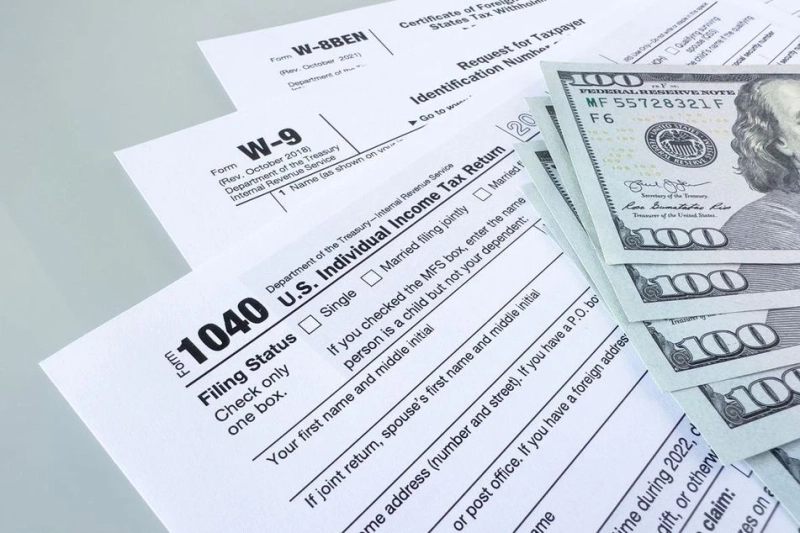For U.S. citizens and residents living abroad, owning property overseas can have significant tax implications. The United States has a citizenship-based taxation system, which means Americans are taxed on their worldwide income no matter where they reside. Permanent residents (green card holders) are also taxed similarly on their global income. When it comes to foreign real estate, the rules can get quite complex depending on your residency status. Here\'s a look at some key tax differences for Americans vs. permanent residents owning property in another country.
U.S. Citizens Owning Property Abroad
As a U.S. citizen, you must report and pay taxes on any rental income generated from a foreign property. This rental income would be considered part of your overall taxable income for the year. Additionally, if you sell an overseas property, you would be subject to capital gains tax on any profits, just as you would from selling U.S. real estate.
There are some provisions that can help provide tax relief. The Foreign Tax Credit allows you to claim a credit for any income taxes paid to a foreign government on your U.S. return. The Foreign Earned Income Exclusion may allow you to exclude certain foreign rental income if you meet the qualification tests. U.S. citizens can also potentially exclude up to $250,000 ($500,000 for married filing jointly) of capital gains from the sale of a principal residence abroad under the same rules as a U.S. home sale.
It\'s important to note that if you own property in a country with a territorial tax system (where only locally-sourced income is taxed), you may face double taxation from both that country and the U.S. Proper tax planning and use of the Foreign Tax Credit is essential.
Permanent Residents Owning Property Abroad
For permanent residents (green card holders), the tax implications differ slightly. Any foreign rental income would still be reported on your U.S. tax return and potentially taxed. However, permanent residents cannot claim the Foreign Earned Income Exclusion for rental income.
When it comes to selling overseas property, permanent residents are only subject to U.S. capital gains tax during the period they are considered a U.S. tax resident. So if the permanent residency status is abandoned before selling, any profits may not face double taxation.
However, once you become a permanent resident, you are responsible for reporting your worldwide assets and income to the IRS, including previously owned foreign properties and investment accounts. This can create a complicated tax situation if not properly handled.
Additional Reporting Requirements
Both U.S. citizens and permanent residents must also be aware of other foreign asset reporting requirements enforced by the IRS. The Foreign Bank and Financial Accounts Report (FBAR) requires reporting foreign bank and investment accounts over $10,000. The Statement of Specified Foreign Financial Assets (Form 8938) requires reporting foreign assets over certain thresholds. Foreign corporations or businesses may also need to be reported.
Penalties for not properly disclosing these foreign assets and accounts can be quite severe, so it\'s critical to understand and follow the rules.
Seek Professional Tax Advice
Owning real estate internationally as a U.S. citizen or permanent resident creates a web of complex U.S. tax obligations and potential double taxation issues. The rules can vary significantly based on your residency status, the country\'s tax laws, types of use (rental, personal, or business), and other factors.
To ensure full compliance and take advantage of any available exclusions or credits, it\'s highly advisable to consult with an experienced tax professional. They can guide you through properly reporting foreign income and assets while maximizing your tax savings. With careful planning, U.S. citizens and residents living abroad can legitimately reduce their tax burden from overseas property ownership.



